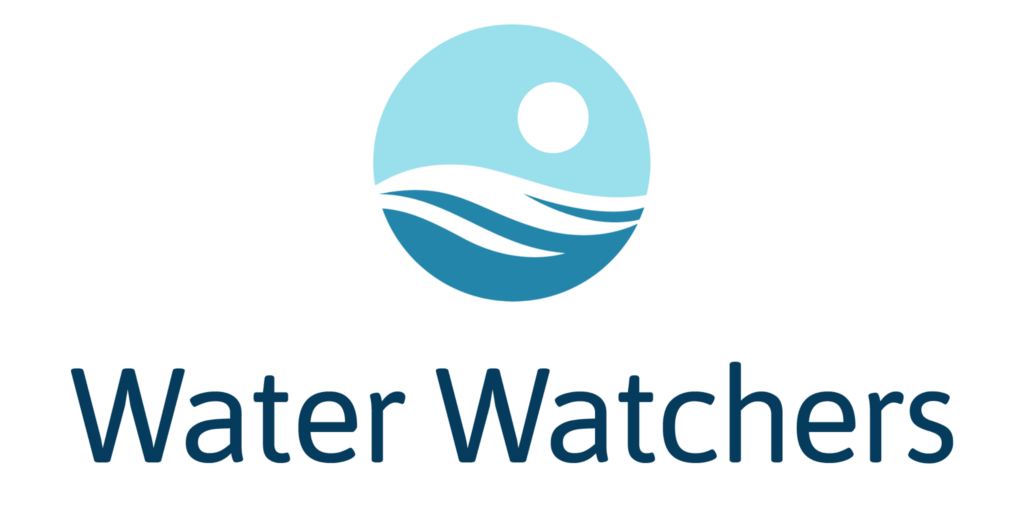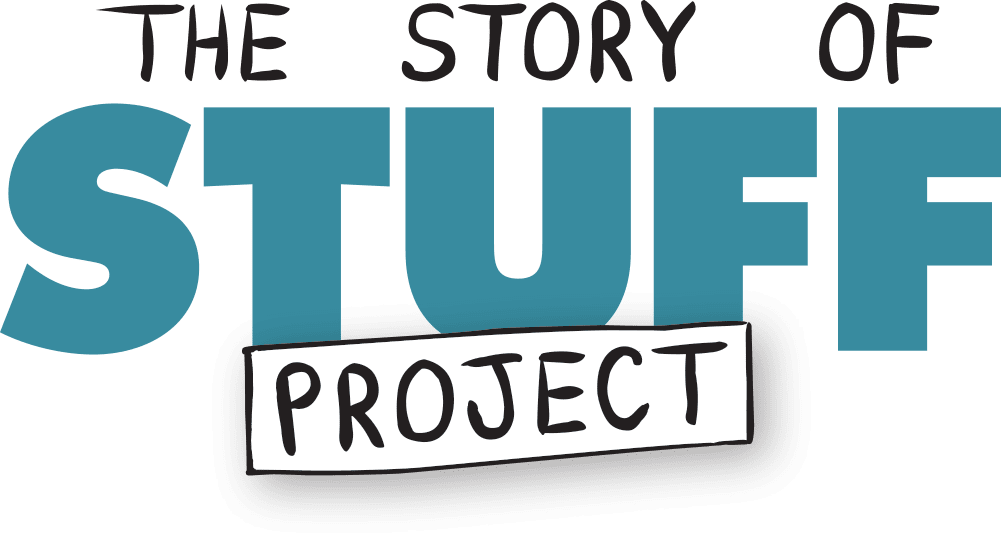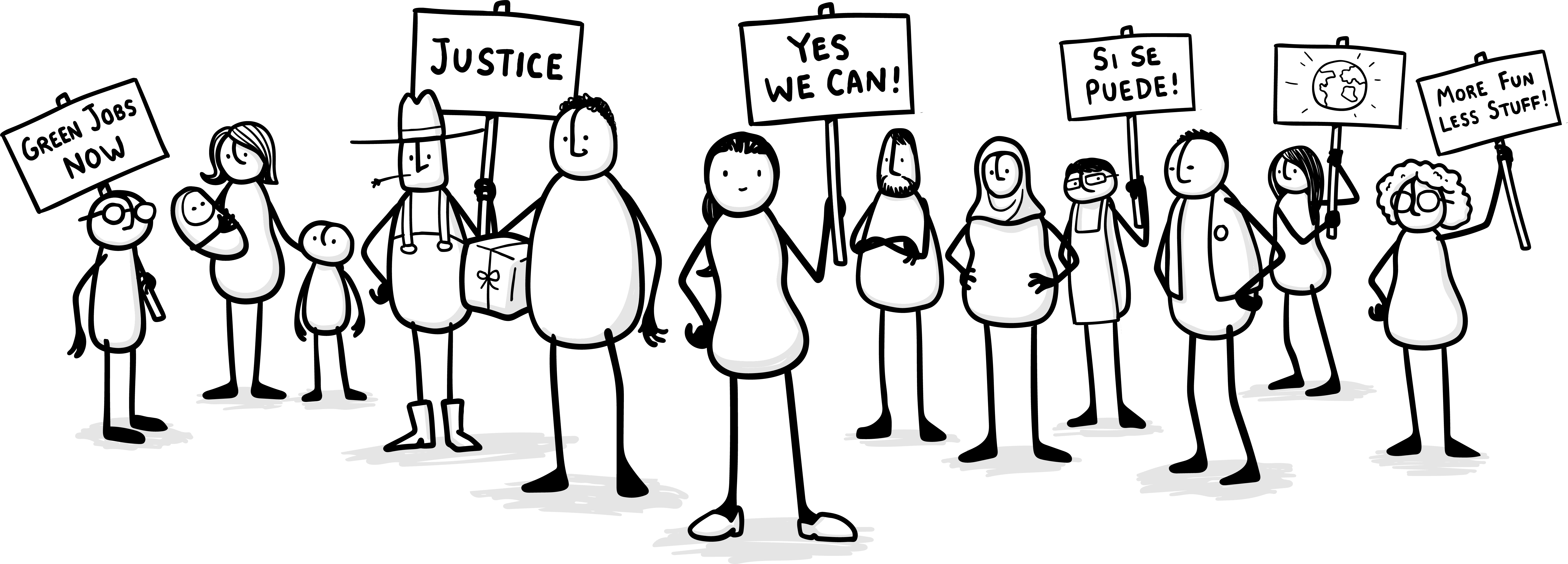2019 Grants
Our Grassroots Grants program supports underfunded organizations and communities addressing a myriad of environmental and social justice issues, with a focus on fights over water privatization and plastic pollution.
Community Water Justice:
Maine Water Security Summit
Gabriel Paul’s Water (nə̀pi) Song of the Penobscot Nation translates to “water / we love you / thank you so much water / we respect you” and is beautifully sung by Gabe’s own niece, Leigh Neptune. The Penobscot Nation relies on the clean fresh water of the Penobscot River in order to maintain their communities health and traditions. This water has been threatened by Nestle and the State of Maine in rights based litigation. Community Water Justice, a network of dedicated activists throughout the state of Maine, joined the battle by hosting a Maine Water Security Summit to unite members from Community Water Justice, the Penobscot Nation, and the Sierra Club. Now, they are pressing forward with environmental grants to fund bulk water extraction legislation in Maine, source funding for an extensive aquifer system study and citizen scientists, and continue their outline for a water privatization research project.

Juniata Watershed People Before Pipelines:
Camp White Pine: Resisting the Mariner East 2 Pipeline
Cutting through the plains of Pennsylvania, a snake worms its ways over 30,000 miles and leaving carnage behind for the rural neighborhoods to clean up. The snake is 24-inch pipelines which would begin in Scio, Ohio and end at the Marcus Hook refinery commonly known as The Sunoco Logistics Mariner East Pipeline Project. The pipeline transfers approximately 770,000 barrels of natural gas liquids across the state everyday. 770,000 barrels of carnage through their neighbors yard. Through state game lands, lakes, rivers, sensitive wetlands, schools, farms, densely populated residential areas and rural homesteads which violates the rights of hundreds of thousands to clean air and water. While the pipeline’s activity is currently on hold due to legal proceedings, the affected community members are left to deal with the mess.

Louisiana Bucket Brigade:
Standing With Saint James
The Louisiana Bucket Brigade has supported fenceline communities in the state for 20 years. Founding Board members Margie Richard of Norco, Dorothy Jenkins and Shonda Lee of New Sarpy, and Founding Director Anne Rolfes incorporated the organization in 2000 with guidance from groups like Xavier University’s Deep South Center for Environmental Justice, Earthjustice, Communities for a Better Environment and the Sierra Club. From the first days of its inception, the Louisiana Bucket Brigade was inspired by people in the Niger Delta region of Nigeria who stand up to the devastation of oil production and gas flaring that continues to this day.

McCloud Watershed Council:
Shasta Headwaters Collaborative
The McCloud Watershed Council stands as a guardian for Mount Shasta, an ecosystem currently under threat from corporations seeking to privatize the water. As they resolve their mission to work with the members of the Mount Shasta community, they focus on data consolidation for improving public access to climate-relevant information in strategic source watersheds.

Parent Pioneers/Padres Pioneros:
Building Capacity for Environmental Justice in Latina/o Communities
Parent Pioneers/Padres Pioneros was started 24 years ago by Latina parents and teachers in the San Fernando Valley to provide Family Math to low-income children and families in the public schools. It evolved over time to also provide Family Literacy for children and families and multicultural training for parents. During the last four years PP/PP decided to use their strengths and resources to address environmental justice in their local community, to work together with schools to develop parents’ leadership and advocacy capacity for the purpose of attaining high levels of academic achievement for students, and to promote respect for diversity and Mother Earth.
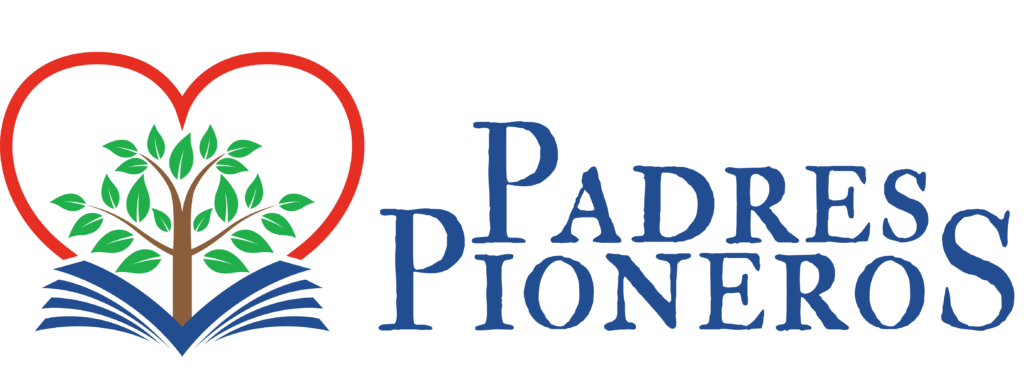
Physicians for Social Responsibility – Los Angeles:
The LA-Area Justice and Ecology Retreat
Physicians for Social Responsibility-Los Angeles was founded in 1980 as a branch of the national organization Physicians for Social Responsibility, founded with the mission of ending the threat of nuclear weapons. In 1989, the Los Angeles office was the first PSR chapter to broaden its public health mission to include environmental threats as well. Since then, we have grown to be the largest chapter in the nation and continue to play a leading role in national, state and local education and policy efforts and established. PSR-LA advocates for policies and practices that improve public health, eliminate nuclear and environmental threats, and address health disparities.”

San Antonio Bay Estuarine Waterkeeper:
San Antonio Bay Monitoring & Communications
A small fishing community in Calhoun County in the Gulf of Texas has suffered from a devastating kraken which has not only impacted the fish but has rippled out to the communities health and economy. The kraken is, of course, plastic manufacturer, Formosa. When the story of this brave fishing community battle began, San Antonio Bay Estuarine Waterkeeper rose as a resource to cultivate the data needed to prove Formosa’s devastating impact on the community. In 2019, they won a $50 million settlement against Formosa for plastic pollution and continue to oppose the regional petrochemical buildout.

Texas Environmental Justice Advocacy Services (t.e.j.a.s):
Environmental Justice for Houston Ship Channel Communities
T.e.j.a.s is dedicated to providing community members with the tools necessary to create sustainable, environmentally healthy communities by educating individuals on health concerns and implications arising from environmental pollution, empowering individuals with an understanding of applicable environmental laws and regulations and promoting their enforcement, and offering community building skills and resources for effective community action and greater public participation. Their goal is to promote environmental protection through education, policy development, community awareness, and legal action. Our guiding principle is that everyone, regardless of race or income, is entitled to live in a clean environment.
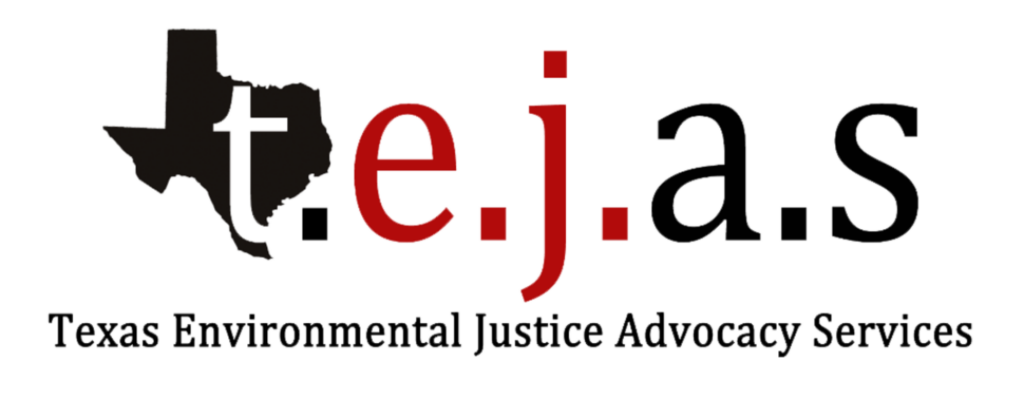
Wellington Water Watchers:
Groundwater Zero Campaign Planning & Training
Wellington Water Watchers is a non-profit organization founded in 2007 dedicated to the protection, restoration and conservation of drinking water in Ontario. They are primarily run by volunteer citizens from southern Ontario who are committed to the protection of local water and to educating the public about threats to the watershed.
